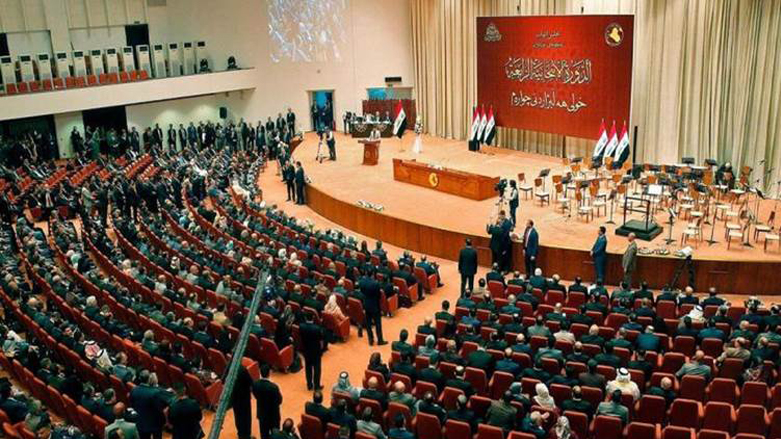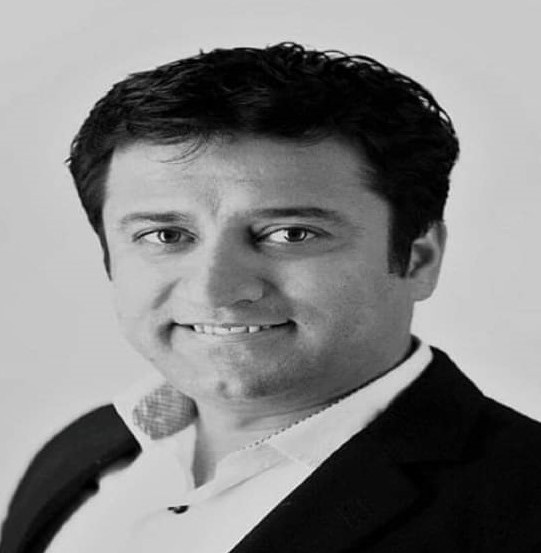'No government in Iraq without Erbil's support': analysts

There is not only one kingmaker in the Iraqi political arena. Having 73 seats in the 329-seat Iraqi parliament, the Sadrist Movement is undoubtedly one. Progress Party's 37 seats make it the second kingmaker. The third and most influential kingmaker is the Kurdistan Democratic Party (KDP), which won 31 seats in the Oct. 10, 2021, parliamentary election.
The three kingmakers formed a coalition, the most powerful coalition in the Iraqi parliament. They did not show up in the parliament session scheduled for Monday, Feb. 7, delaying the selection of Iraq's next president as a direct result.
The federal court's suspension of KDP's presidential candidate was a key reason for their decision not to attend the session.
Hoshyar Zebari's candidacy was suspended due to a lawsuit submitted in the court against him by members of the Patriotic Union of Kurdistan (PUK), who support the incumbent Iraqi President Barham Salih and want him reelected.
The political analysts and observers carefully view the stalemate of the Iraqi presidential election.
"Since 2005, Erbil has always been an influential kingmaker in the Iraqi political games," said Farhad Azad, a local political analyst in Erbil. "Even this time, there will be no government in Baghdad without Erbil's support."
Iraq's political blocs claim that the boycott was to buy time for better and more fruitful dialogue among the key blocs.
"To complete the ongoing consultations and dialogues between the political blocs, we decided not to attend the session of the parliament for tomorrow, Monday," read a KDP statement.
The other blocs, such as Sadrist Movement, al-Siyada Alliance, and Progress Party, also gave the same reason for boycotting the Monday session.
"There are one hundred seats that are yet undecided," said Amal Ghazi, a local political analyst in Baghdad. "That means these seats can be swayed according to demands and deals."
According to Ghazi and Azad, these 100 seats include 52 seats of the People Coalition Bloc and Shiite and Sunni independent parliament members; 22 seats of the small Kurdish political parties in the Kurdistan Region; six seats of the minority groups, and 20 other seats of small Sunni blocs.
The political observers are not sure what to expect next.
"Further delaying of the election brings more issues and uncertainties," said Kareem Ali, a political observer in Kirkuk. "The kingmakers should act wise and fast. If not, the direction might veer to the formation of unexpected coalitions."
